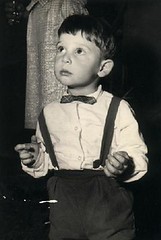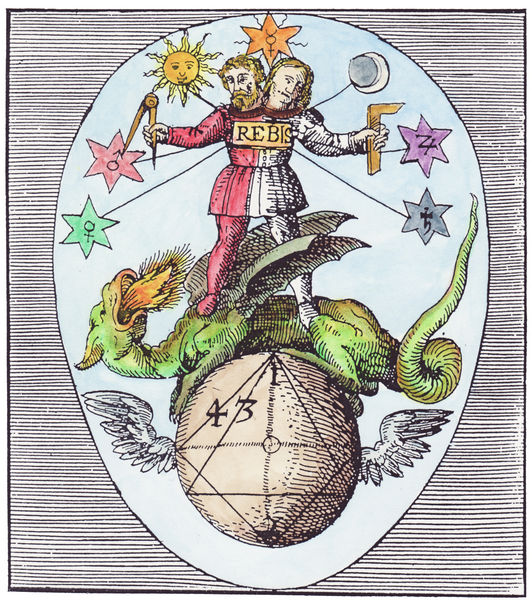I'm at the stage, in a couple of workshops over at
Savvy Authors, where I need to pay attention to the worlds I have created, and the texts I've documented them in.
That's just a fancy way of saying, I need to remember how I spelled the name of my main character and whether I capitalize Alchemist Bard or keep it lower case and when.
I was working on my copy editing skills and discovered a wonderful tool: the style sheet!
It's a professional tool created by the copy editor when she is combing the tome for the non-obvious inconsistencies. I was going to make a post for my fellow authors who are just beginning a guided adventure through the editing process. I realized, as I was going sifting the web for examples and comments, that my search would better suit a blog post. So, here it is.
Ann Aubrey Hanson writes:
For my work, I use a two-level style sheet, one with formatting, punctuation, and spelling decisions in the top portion, and with an alphabetical list of words in the bottom portion. The alphabetical list allows me to quickly find and verify the spelling of any unusual or foreign words or proper names I find in the manuscript.
I have a habit of not putting in commas where I know they belong. After "said", for instance. That would be the very first entry on my style sheet. Why would I have a style sheet if it's a professional tool? Because I write speculative fiction, for one. I make up worlds as well as stories. Even when I don't make the world up, I need to know what I intend, or how I construct my voice when I'm writing.
For me, the style sheet is a window into my writing style. I notice, for example, that I use lots of words that could be either compounded (stylesheet), hyphenated (style-sheet), or written separately (style sheet). Having such a document would encourage me to be consistent.
Here's a post from working copy editor,
Deanna Hoak, who works in speculative fiction, where she explains what a copy editor does. The comments are fun to read. Geeks abound! She also links to a post where she opens a discussion about whether or not an author should provide their own style sheet.
Hoak doesn't like it, but there were a couple of comments in favor.
I'm fine with the author making decisions of usage for me, rather than my having to puzzle out what it is I think they want.
For the new series I did include a style sheet, which I used throughout writing the book to try to keep myself consistent. I put a note saying "In case of inconsistent spellings or usage, this is what I intended" on the style sheet.
Author
Mary Robinette Kowal links to a style sheet created by Hoak, and
Elizabeth Bear has a wonderful rant on a portion of one of her own style sheets.
So, how am I going to do this? First, I'm going to reprogram (or re-program) my word processor. I can make it do wonderful things like remember how I like to spell "worldbuilding" and not keep red-lining it. That reminder comes from
Writer Services. Next, I'm going to make a style sheet document, mostly like the one I found on
No. 2 Pen. She had me at:
...a style sheet can help streamline the editing process
With seven novels in a series, one book of three intended, and several short stories and poems, I need all the streamlining help I can get.
I'll share more as I get on with the process.
Being an alchemist is sometimes about allying with the process, taking it in its own time. Immersion. Putting together my own style sheets will eventually bring me into my own style guide. I will know myself better as a writer, but also as a person. The work will flow more easily because I will have metabolized it. PONO
m



